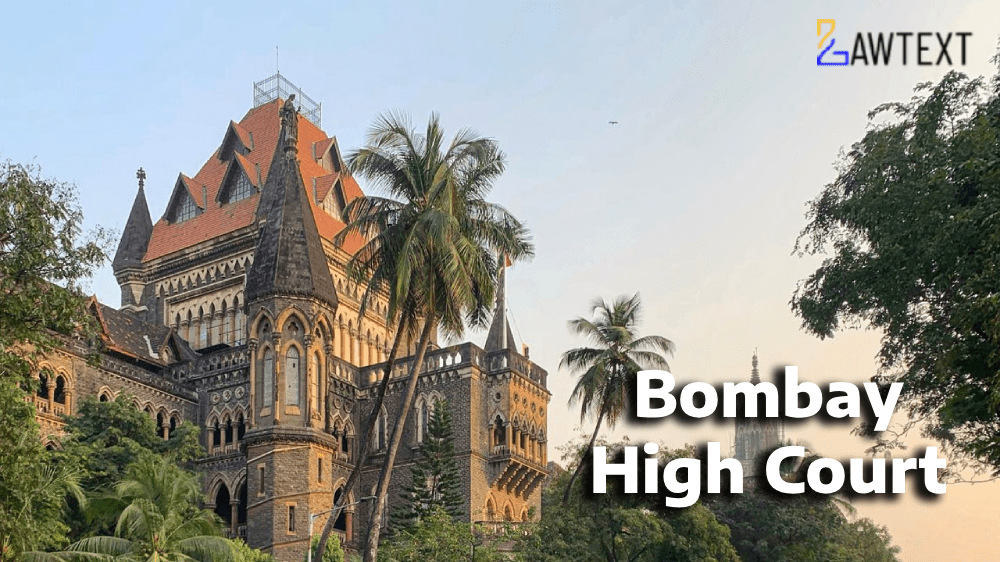"High Court's Jurisdiction Clarified in Testamentary Matters" "Concurrent Jurisdiction Explored with Key Clarifications on Succession Act Provisions"

CASE NOTE & SUMMARY
This judgment addresses the jurisdiction of the Bombay High Court in entertaining a petition for the grant of Letters of Administration concerning properties spread across states and even internationally. The High Court concluded that its concurrent jurisdiction under Section 300 of the Indian Succession Act, 1925, along with specific provisions under the Letters Patent and prior notifications, justified the petition's maintainability despite objections by the caveator.
1. Background of the Case:
- Parties Involved:
- Applicant: Uday Sharad Kulkarni
- Caveator: Jeev Raksha Animal Welfare Trust
- Primary Matter:
- A petition seeking Letters of Administration for the properties of the deceased, Claude Lila Narayan Parulekar, situated in Maharashtra and beyond, including international locations.
2. Contentions of the Applicant:
- The deceased's properties within Greater Bombay were initially not fully identified; hence, an amendment to include all movable and immovable properties was sought.
- Cited concurrent jurisdiction under Section 300 of the Indian Succession Act.
- The petition's intent was administrative, not to determine title, and hence within jurisdiction.
3. Objections by the Caveator:
- Alleged lack of jurisdiction since the deceased resided in Pune, and the primary immovable property was also located there.
- Claimed mala fide intent in amending the petition.
- Highlighted an ongoing probate petition in Pune Civil Court concerning the deceased's will.
4. Jurisdictional Analysis:
- Key Sections Discussed:
- Section 270 & 300 (Indian Succession Act, 1925): Concurrent jurisdiction of the High Court alongside District Judges.
- Section 273: Efficacy and territorial application of Letters of Administration issued by different courts.
- Clause 34 (Letters Patent): Testamentary jurisdiction conferred on the High Court.
- Court’s Viewpoint:
- The concurrent jurisdiction of the High Court was established under prior notifications, enabling it to entertain petitions across the Bombay Presidency.
- Movable assets or company headquarters in Mumbai sufficed to establish cause within the High Court’s jurisdiction.
5. Court’s Decision on Amendments:
- The amendment to include properties in other states and abroad was deemed necessary to avoid leaving assets unadministered.
- Caveator's concerns about jurisdiction were resolved under the overarching jurisdiction granted to the High Court under Section 300.
6. Application for Rejection of Petition:
- Rejection was denied as the petitioner was not found to have acted in bad faith. The matter of the deceased’s will was deemed a substantive issue for later adjudication.
Ratio Decidendi:
The Bombay High Court reaffirmed its testamentary jurisdiction under Clause 34 of the Letters Patent and Section 300 of the Indian Succession Act, 1925, allowing for Letters of Administration to be processed centrally, even when properties are located beyond the local jurisdiction, provided statutory conditions are met.
Acts and Sections Discussed:
- Indian Succession Act, 1925:
- Section 270: Grant of probate or letters of administration by District Judge.
- Section 273: Conclusiveness and cross-state application of grants.
- Section 300: Concurrent jurisdiction of High Courts with District Judges.
- Letters Patent (Bombay): Clause 34 – Testamentary jurisdiction.
- Code of Civil Procedure, 1908: Order VII Rule 11 – Rejection of plaint.
Subjects: Jurisdictional determination in the grant of Letters of Administration under the Indian Succession Act, 1925.
- Testamentary Jurisdiction
- Indian Succession Act
- Probate and Administration
- High Court Concurrent Jurisdiction
- Letters of Administration
ISSUE OF CONSIDERATION
Uday Sharad Kulkarni Versus Claude Lila Narayan Parulekar
Citation: 2024 LawText (BOM) (11) 1200
Case Number: INTERIM APPLICATION (L) NO. 30893 OF 2022 IN TESTAMENTARY PETITION NO.2500 OF 2018 WITH INTERIM APPLICATION NO. 2188 OF 2024 IN TESTAMENTARY SUIT NO.65 OF 2023
Date of Decision: 2024-11-12
Case Title: Uday Sharad Kulkarni Versus Claude Lila Narayan Parulekar
Before Judge: N.J. JAMADAR, J.
Advocate(s): Mr. Vishwajit Sawant, Senior Advocate a/w. Mr. Prabhakar Jadhav, for the Applicant in IA No. 2188 of 2024 and for Defendant in TS No. 65 of 2023. Mr. Vishal Kanade a/w. Ms. Tanaya Patankar i/b. Mr. Sanjay Gawde, for the Applicant in IAL No. 30893 of 2022 and for Respondent in IA No. 2188 of 2024.
Appellant: Uday Sharad Kulkarni
Respondent: Claude Lila Narayan Parulekar

